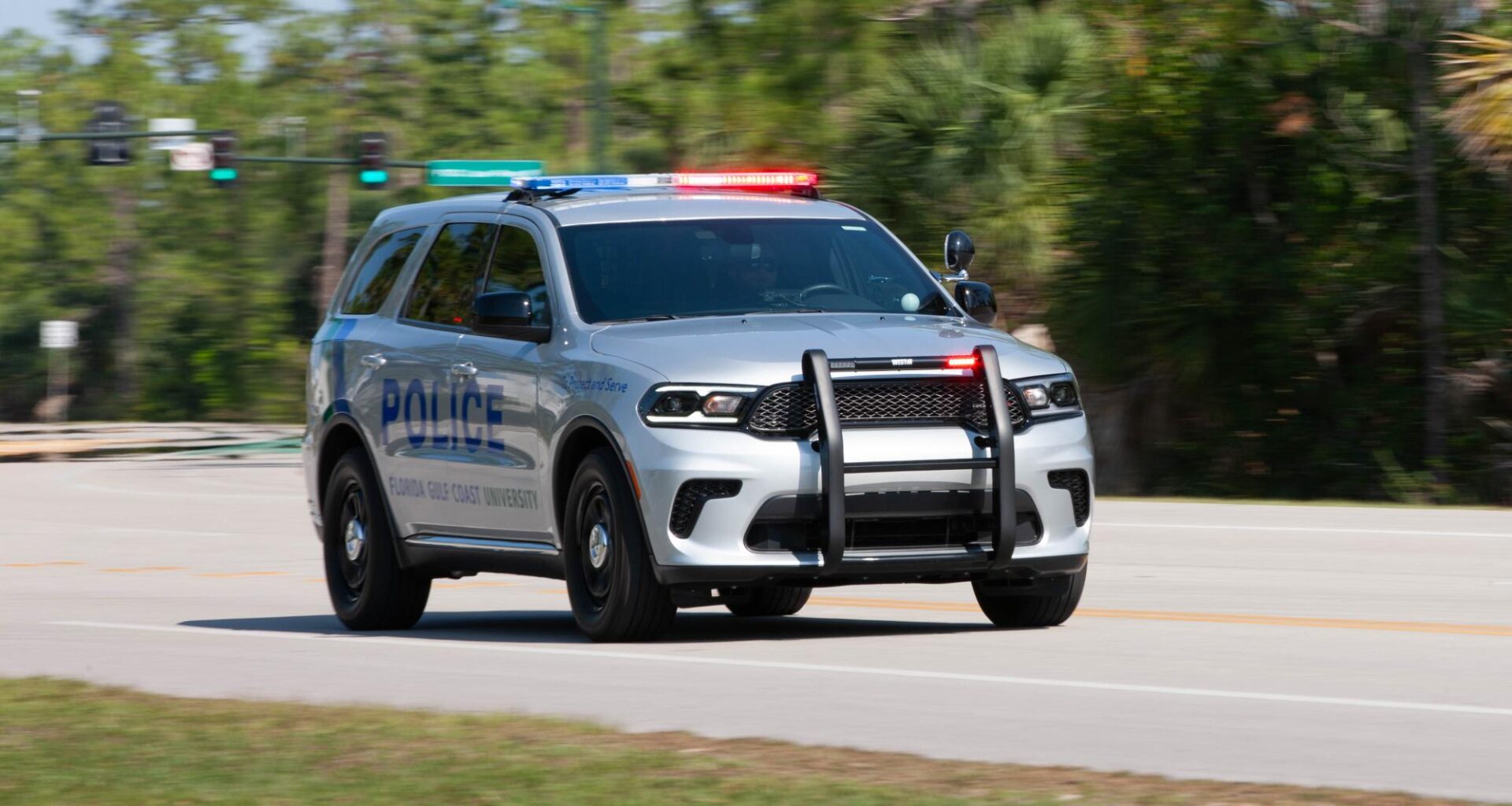On Sept. 8, the Trump Administration issued an unsigned emergency action known as Noem v. Vasquez Perdomo. The case was filed in response to aggressive raids in Los Angeles that started in June.
The case and following emergency action overturned decisions from lower courts that blocked Immigration and Customs Enforcement (ICE) from making stops based on race, language, location and occupation. This allowed ICE to resume these raids in concurrence with these four criteria.
“The Latin American Student Organization (LASO) firmly maintains that this ruling constitutes a direct attack on the Latin American community and creates the potential for explicit discrimination,” FGCU LASO said in a statement. “We recognize that this issue extends beyond politics; it has become a matter of human rights, compromising the safety and well-being of our community.”
Though it is unclear which justices were for or against the case, it is known that the vote was majority in favor with a 6-3 ruling and it is confirmed that Justice Brett Kavanaugh agreed, while Justice Sonia Sotomayor dissented.
Story continues below advertisement
In March of this year, the FGCU University Police Department (UPD) signed a memorandum of agreement with ICE, as required by Gov. Ron DeSantis. It is understandable if students are concerned about the safety of FGCU due to this recent ruling.
“Such measures promote harmful ideologies and encourage profiling,” LASO said in their statement. “The fear of being questioned without justification undermines our sense of safety and fosters a hostile environment.”
The memorandum requires UPD to train, certify and authorize officers in necessary ICE functions. As of Aug. 15, FGCU has only nominated two officers and they have not been trained yet. FGCU updated its fact sheet in August before the semester started to provide the campus with the most accurate information to answer any questions on this topic.
“As stated in the Residency and International Questions-and-Answers Fact Sheet: ‘The University Police Department is committed to providing a safe and secure environment for all students. In Florida, law enforcement officers are prohibited from engaging in bias-based profiling, ensuring equal protection under the law,”’ said Director of University Communications & Media Relations Pamela McCabe.
According to the university and the fact sheet referenced by McCabe, there is no knowledge of ICE presence on campus and therefore no reported instances of any students being stopped by deportation operations.
“We encourage staff and students to build community, show your resilience by advocating, and use your privilege to help your peers,” LASO said.
The university offers numerous resources to help individuals deal with these stressors and seek support.
If contacted by federal law enforcement officials, these resources are available:
Lee County Legal Aid Society at (239) 334-6118
Florida Rural Legal Services, Inc., at (800) 277-7680
Legal Aid Service of Collier County at (239) 775-4555
American Bar Association – Know Your Rights
U.S. Immigration and Customs Enforcement – Legal and Other Resources
UPD is also always willing to help in times of crisis and victims of crimes, especially if students are fearful of reporting crimes in which they were victims. They can be contacted at 239-590-1900.

